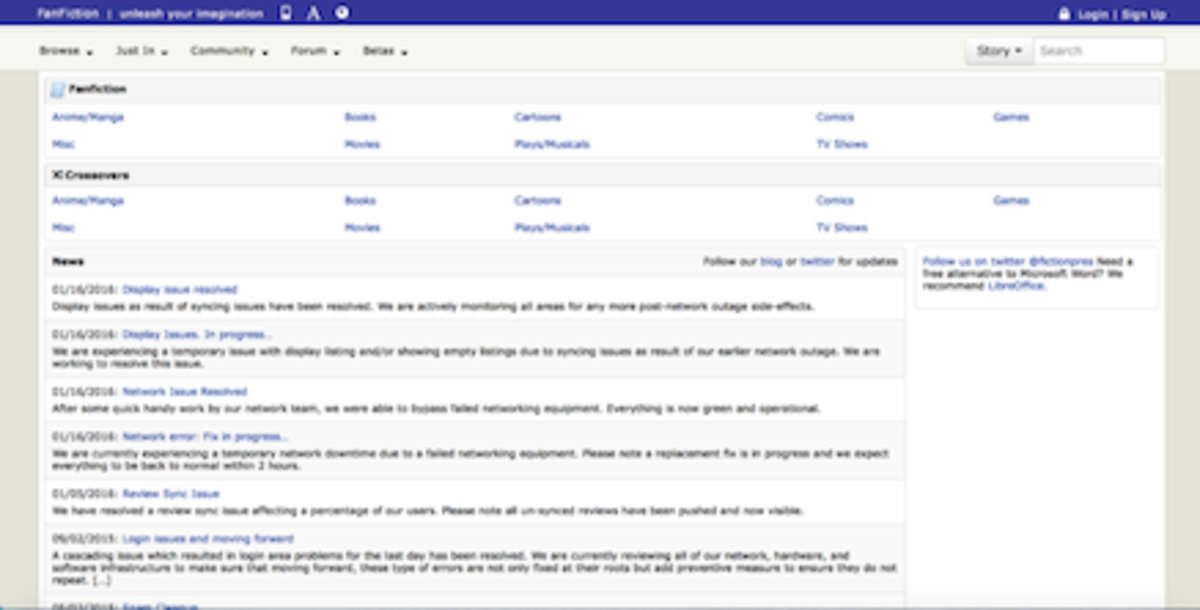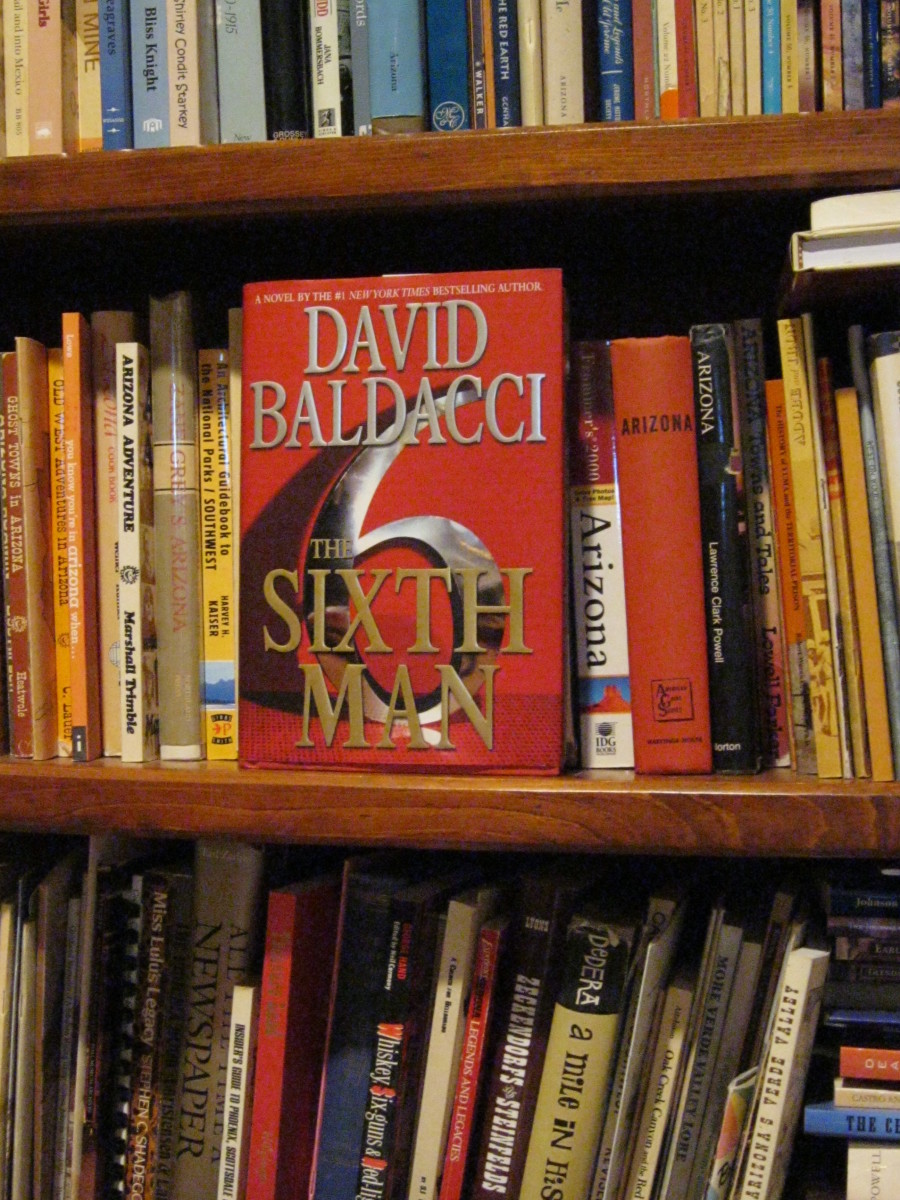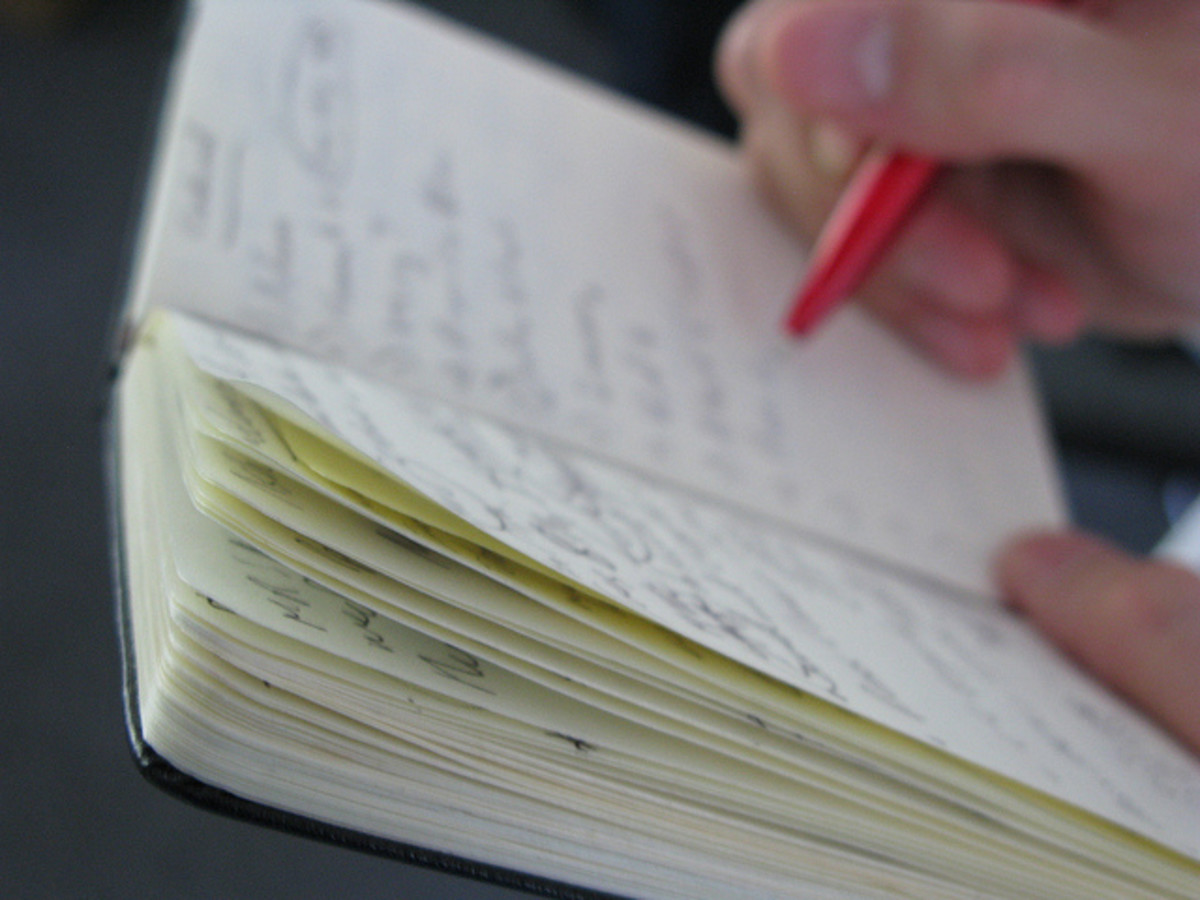Scribbling: The Future of Art and Writing

The Future of Art and Writing
What has the Internet done to the future of art, music, and writing? When everyone is a potential YouTube star or blogger, is there still value in creating art? Is the Internet destroying Art?
Is Free Bad?
Author Kristen Lamb, CEO of WANA International, is a leader in the viral movements #PayTheWriter and #BoycottHuffPo. She recently wrote a blog entitled "A Culture Addicted to FREE: How FREE is Poisoning the Internet and Killing the Creatives." Kristen Lamb's hypothesis is that "the soma of free non-stop entertainment has blinded us to a cancer that’s metastasizing." Because of the profusion of the Internet and the expectation by netizens that they are entitled to free entertainment on-line, the age-old problems of artists, writers, and artists "working for exposure" has gotten worse -- far worse.
https://twitter.com/wilw/status/659100226267975680
"Art must be free: free to shout, free to whisper, free to discuss any topic. But Art must not be 'free,' or not only will artists starve, but Art will fade away for lack of incentive." S. Murrie Macdonald
How Things Changed
In the brief three-year span, the time from MySpace being launched in 2003 to YouTube in 2005 to Facebook opening to the general public in 2006, everything changed in ways no one had predicted in 2001. Digital cameras led to Kodak, a multi-million dollar business, declaring bankruptcy. People began expecting free content.
"Internet connection, devices, service, data streaming and conference tickets all cost consumers money. But what’s happening is those businesses and entities who deliver content (Amazon, iTunes, iBooks, AT&T, Spotify etc.) are making record profits while artists are withering on the vine." Kirsten Lamb
Musician David Lowery explained one of his songs was downloaded one million times, yet he was paid less than he would have made from the sale of one t-shirt. Music piracy is a million dollar industry, but composers and performers don't see a penny of that money.
Worse, many netizens don't see anything wrong with this. When asked in an interview in The Guardian whether music piracy was wrong, Stephen Witt replied, "Legally there is no question, it’s illegal. But the question is: morally, is it wrong? And to what extent do you want government and large corporations to limit our ability to reproduce things on the internet? 'What rights do we have?' is the real question."
"I had bootleg compact discs, we’d trade tapes. It doesn’t feel like stealing. If I take your CD, I’ve stolen from you. But if I borrow it and make a copy and give it back, the only person I’ve harmed is, theoretically, some third-party rights holder. But if that person is not around, and they can’t really enforce their ability to limit your reproduction rights, is it even a crime? You are harming somebody, but it doesn’t feel that way. It’s arguable you’re not harming somebody." Stephen Witt
Michael Arrington argues that not only does he not feel guilty for music piracy, but he thinks he's doing the music labels a favor. Ari Herstand doesn't consider it piracy at all, but merely a new paradigm.
Working For Exposure
Wil Wheaton, an actor and blogger, is almost as famous for standing up to Huffington Post as he is for his youthful work onStar Trek: the Next Generation. On October 27, 2015, Wheaton told his nearly 3,000,000 Twitter followers "Writers and bloggers: if you write something that an editor thinks is worth being published, you are worth being paid for it. Period." The same day, he added a codicil, "This advice applies to designers, photographers, programmers, ANYONE who makes something. You. Deserve. Compensation. For. Your. Work." As Wheaton pointed out, artists and writers can't pay their rent with exposure.
Taylor Swift withheld her album 1989 from Apple's streaming service because the terms and conditions of providing a free trial period to customers meant delaying payment to musicians for three months. Ironically, Swift was accused of hypocrisy for using Ally Burguieres' artwork without payment or even attribution. Burguieres wrote an open letter to Swift expressing her dismay. Madonna, who can certainly afford to hire a graphic designer or an illustrator for album cover, is alleged to have used the artwork of Danny Quirk without his permission or consent.
Charles Wendig argues that Huffington Post's policy of not paying writers is pure exploitation. Part of the problem is the expectation by both common netizens and multinational corporate executives that the Internet as a place where everything is, or should be, free.
The Internet is not all bad, of course. The Internet has many wonderful benefits. Robert A. Heinlein wrote his Hugo and Nebula winning novel Friday in 1982, before the Internet was invented. Heinlein predicted how with the Internet one can research history, study mathematics, read books at a distant library, look at art treasures in a museum in another country, orlaugh at a comedian a century or more after his funeral.
Anybody Can Be An Artist
YouTube has made it possible for anyone to become a singing sensation, without the traditional path of busking in coffeehouses, performing in sleazy bars, travelling at one's own expense to perform and then sell so few tapes that the singer lost money every weekend, and slowly working one's way up the entertainment label. With a little talent, a lot of Internet savvy, and the right software, a teenager in her bedroom can do far more than her parents did in a garage band, more than a professional musician with a studio behind them did a few years ago.
E-books and blogging make it possible for anyone to be a writer. Self-publishing through CreateSpace or Lulu no longer carries the negative connotation of a vanity press. However, when anyone can write and "publish" a book on-line, without the aid of editors or publishers, the quality drops dramatically. Michael Kozlowski reports that Amazon is now giving warning labels on the poor quality of e-books.
The Influence Of Fan Fiction
Was 'netfic responsible for the decline of e-books? Fan fiction used to be something whispered about, something written quietly and discreetly and passed from one fannish hand to another. Fan fiction was a traditional way of would-be writers honing their crafts. Several well-known fantasy and science fiction authors began their careers writing fan fiction. Some admit to it openly; others prefer to sweep their early efforts into the closet and lock the door. But then, as Paula Smith said, "There came a generation that knew not mimeo." Instead of a fanzine carefully typed and mimeographed, or in later days photocopied, and 100 or 200 copies sold for the costs of printing, binding, and mailing, a story can go straight from the writer's mind to the keyboard to the wilds of the ethernet, read by hundreds of thousands of readers absolutely free ... and all too often completely free of proofreading. This led to not only writers of all ages ignoring minor details like copyright (one of the reason for the previous generation of fan fiction authors' discretion was the acknowledgement that, at the very least, they were bending the rules, if not outright breaking them), but readers expecting stories for free. Regrettably, this also led to the expectation that minor details like spelling, grammar, and punctuation were optional.
Giving Away Books
Some writers are adapting to this new paradigm. Their reasoning is by making one e-book free, readers will purchase their other books, or at the very least, spread the word about their books to other readers. Jason Kong points out that "free is here to stay."
"Cheap media isn’t going away. When anybody can self-publish, everyone will. The world is going to get more crowded with wannabe novelists, which means more junk along with the gems." Jason Kong
Other writers, of course, disagree.






